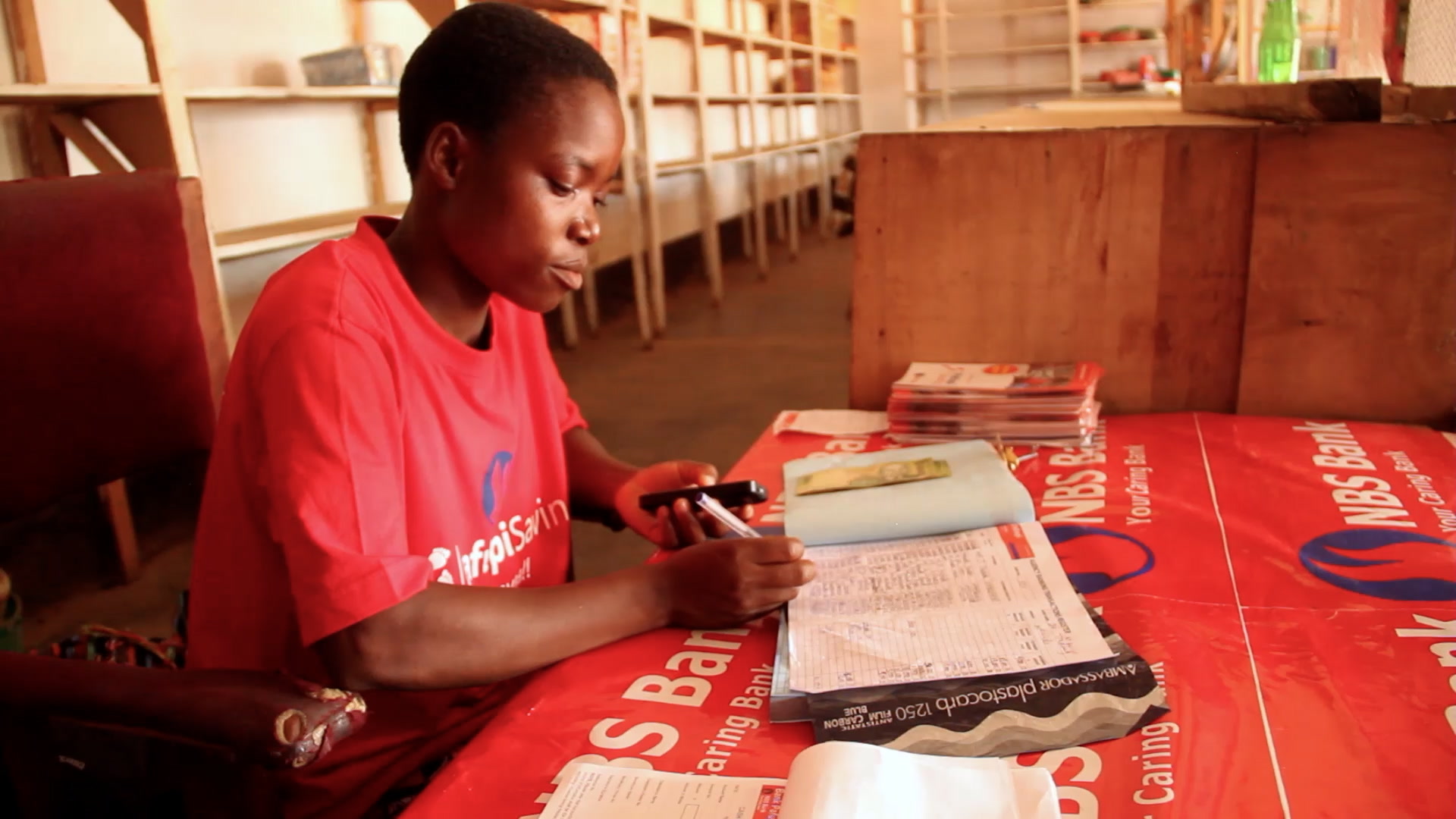Why financial inclusion is key to ending global poverty


Get involved with our crowdsourced digital platform to deliver impact at scale
Stay up to date:
Banking and Capital Markets
Last week, the World Bank announced a massive drop in the number of unbanked. Between 2011 and 2014, 700 million adults became account holders. This is an astonishing number but must not lead to complacency. Two billion people still don’t have access to the basic financial services that would allow them to save or borrow. The many advantages of having a bank account, which are taken for granted in the developed world, are out of reach for the poorest among us.
As business, government and NGOs gather in Jakarta for the World Economic Forum on East Asia, financial inclusion is at the top of the agenda for many.
Around the world, those with low, irregular and uncertain incomes are the least able to access the services that would help them plan for the future and protect themselves from the unexpected. When the poor are able to save, it is most often in the form of cash, hidden under mattresses or in glass jars, which can be all too easy to spend under stress. Cash is also extremely vulnerable to theft. Meanwhile, the informal saving services that are available in both developed and emerging markets often come with substantial administration fees. This leaves the poor vulnerable, as an unplanned health emergency, theft or loss can push people into total poverty.
As global leaders develop the post-2015 Sustainable Development Goals later this year, enabling financial inclusion and improving financial literacy must be a priority. An overwhelming body of evidence shows that providing people with the ability to save and borrow efficiently and securely improves well-being and encourages enterprise, ultimately reducing global poverty and increasing economic growth. Through a combination of effective public policy, public-private partnerships and the thoughtful application of the latest technology, financial services can and must be offered to all.
In Indonesia, where the banked population is only 36%, the government has made financial inclusion a priority. Its National Financial Inclusion Strategy is focused on providing access to the poor, as well as migrant workers, women and remote communities. Financial inclusion is also a key concern for the central bank, Bank Indonesia, as well as the Financial Services Authority, the OJK. New branchless banking regulations and the establishment of a basic savings account are focused on enabling inclusion.
Encouragingly, the fundamental first step of ensuring that citizens have a unique identity is already in place. Indeed, Indonesia already has one of the largest national identity systems in the world, e-KTP. The World Bank has predicted that the government and central bank programmes could help 130 million unbanked Indonesians gain access to financial services.
However, despite progress, widespread adoption of effective and secure services faces a number of hurdles. Due to current legislation, the available e-money services only allow customers to spend the money they’ve deposited into their account on goods and services offered by the same provider. As such, a person earning a monthly wage of $200 will not want to put what little money he or she has in multiple e-money accounts to pay bills or merchants operating on different networks.
While there is constructive dialogue underway to address this, the current situation means that most new initiatives are limited by the scale and resources of the provider, where an interoperable solution could increase the reach and lower the costs of these e-money services for both consumers and businesses.
In addition, considerable efforts are needed to drive financial literacy. Indeed, a recent MasterCard report on banking for Indonesia’s poor showed that the poor rely heavily on respected members of the community to vouch for new products and services; and so intensive and ongoing financial education efforts at the community level are critical if financial inclusion programmes are to succeed.
Finally, the sheer complexity of a country than spans three time zones and over 17,000 islands creates unique challenges that cannot be underestimated. To be attractive, products and services must be widely available, easily understood, affordable and secure.
The widespread adoption of mobile phones – as of 2012, there were over 143 million mobile subscribers in Indonesia, more than double the number of bank accounts – presents the most exciting opportunity to enable mass adoption of financial services and facilitate financial inclusion.
Meanwhile, there is positive dialogue underway to address the challenges via a combination of direct government action, coordinated regulation, and business and NGO-led initiatives, which will most likely be delivered via a series of public-private partnerships. Indeed, the combination of top-down government efforts and innovative business-driven solutions could transform Indonesia from one of the most underbanked populations in the world to a financially inclusive society. The potential is there to transform the lives of the most disadvantaged, and that would be truly priceless.
Author: Matthew Driver, President, South East Asia for MasterCard Worldwide
Image: A woman holds Indonesian rupiah notes at a moneychanger in Jakarta, March 17, 2015. REUTERS/Beawiharta
Don't miss any update on this topic
Create a free account and access your personalized content collection with our latest publications and analyses.
License and Republishing
World Economic Forum articles may be republished in accordance with the Creative Commons Attribution-NonCommercial-NoDerivatives 4.0 International Public License, and in accordance with our Terms of Use.
The views expressed in this article are those of the author alone and not the World Economic Forum.
Related topics:
The Agenda Weekly
A weekly update of the most important issues driving the global agenda
You can unsubscribe at any time using the link in our emails. For more details, review our privacy policy.
More on Banking and Capital MarketsSee all
Efrem Garlando
April 16, 2024
John Hope Bryant
April 11, 2024
Alexandre Raffoul and Kai Keller
April 10, 2024
Alex Edmans
April 4, 2024
Victoria Masterson
March 28, 2024






